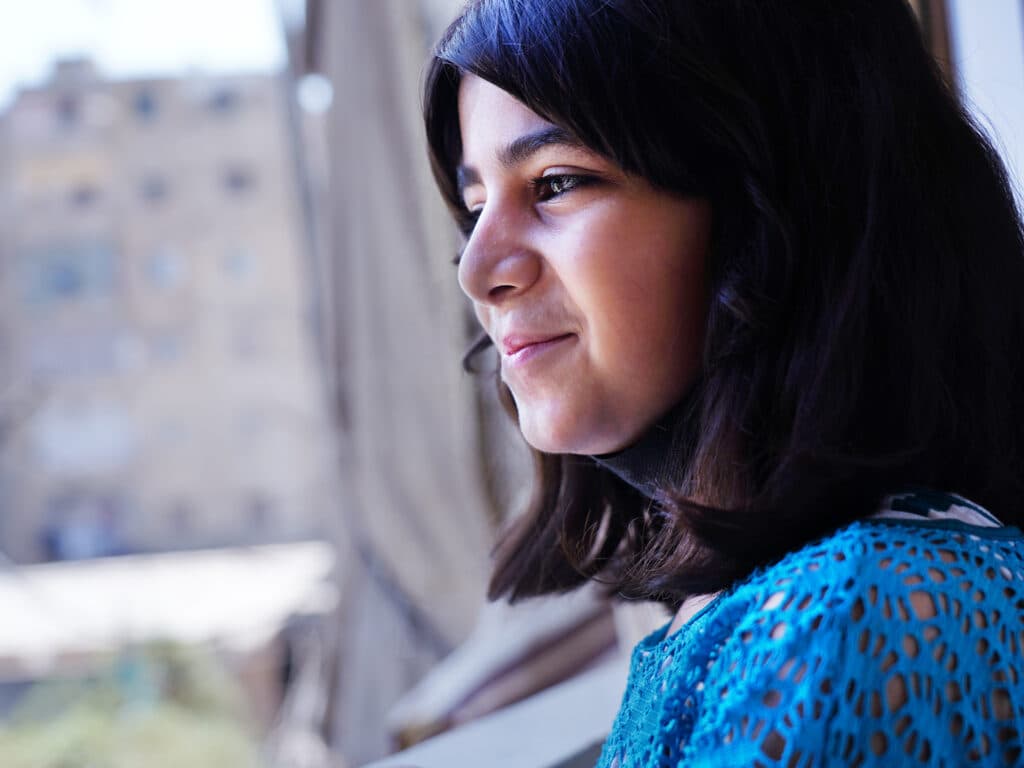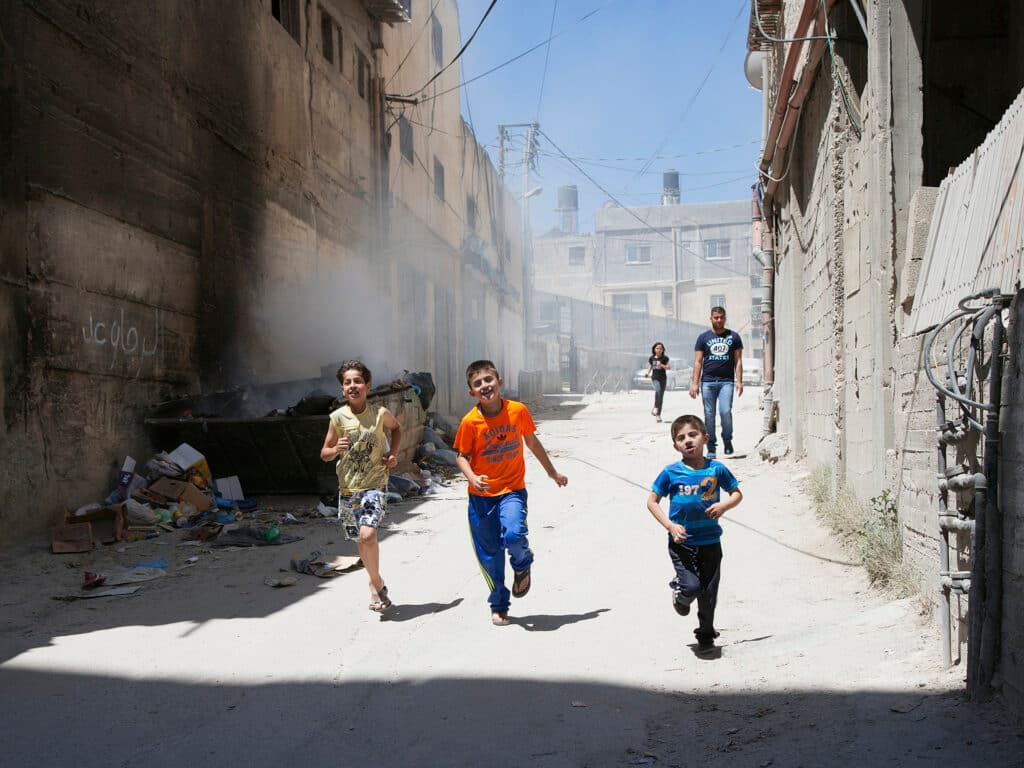
Children’s literature programme
The ultimate goal of the Regional Children's Literature programme (RCL) is for children to grow their imagination and creativity, and enhance their critical thinking through reading and creative writing, research, animation and use of social media. The programme has partner organizations in Palestine, Egypt, Lebanon and Jordan.
Not enough books available
The Regional Children's Literature Programme in the West Bank and Gaza strip started in 1992 as a result of a general dissatisfaction with the reading habits of Palestinian children. One study showed that children had scant opportunities to develop their reading habits because too few books were available and too few schools had teachers trained in transferring knowledge about children’s literature.
The project's vision was therefore to contribute to a world where Arab children are readers and creative thinkers in a society that fosters reading and provides high quality children's literature, and where literature, art and culture are a right for everybody.

The main achievements of the programme
- Local writers have been trained in order to increase the number of good quality children’s books.
- Book illustrators have been given training in illustration techniques in order to improve the quality of children’s books produced in the Palestinian market.
- Publishers have been encouraged to publish children’s literature written in Palestine, etc.
- Several children’s literature conferences have been held where local writers, publishers, trainers etc. have had the opportunity to network and learn more about the field of children’s literature.
Started with a distribution of books
The Regional Children's Literature Programme started with a distribution of books that were translated from Swedish into Arabic, as well as books written by local writers. Roughly 200,000 books, such as Pippi Longstocking and Alfons, were distributed to Palestinian schools and libraries, making these books available for children to read.
Involved the teachers
Soon enough, the distribution alone was not sufficient. More voices were heard which emphasised a necessity for training of teachers that would give children an opportunity to have a better understanding of stories and books they were given.
With Diakonia's assistance, roughly 5,000 teachers have been trained, as well as about 220 trainers who will continue to train teachers for generations to come.
Reading empowers children
Diakonia and our partner organizations' experience shows that creative, respected and analytical children will be empowered to contribute to a dynamic and democratic society as adults. These abilities can be promoted if children adopt reading habits in early childhood.

Gives culture a value
Developing reading habits for children also encourages a growth of capacity for cultural production. Encouraging children to value old cultural traditions and embrace new ones gives children their place in society and enriches their respect for human rights, co-existence, and special and cultural tolerance.
Partnership across the Middle East
The RCL programme is implemented in partnership with Save the Children International (SCI), which advocates for children's rights in nine countries in the region. Diakonia is working with 22 partner organizations in four countries, which form the RCL network to promote reading in the Arab world. The collaboration of efforts between Diakonia and SCI contributes to a larger and stronger network with civil society where the programme will reach more organizations and children in the region.
What we hope to achieve
Diakonia is responsible for strengthening children and youth through reading and creative writing in addition to promote target groups' ability to carry out advocacy work for children's rights. SCI works together with local partner organizations with the child rights conversions, child led data-collection (research) and advocacy though animations.
Partner organizations working for democratic reform, social justice and children's rights in the Middle East will have the potential to create change from children’s and young people's own thoughts and ideas.
National plan for children's literature
Two Palestinian ministries, the Ministry of Culture and the Ministry of Education and Higher Education, have been an active part of the programme, making a national plan for children's literature that will include literature for children into school curricula.
The programme counts more than ten partner organizations, each playing a crucial role in developing new reading generations in Palestine.

Astrid Lindgren Memorial Award
In 2009, one of the partner organizations in the Regional Children’s Literature Programme was awarded with the Astrid Lindgren Memorial Award: Tamer Institue For Community Education. Tamer promotes reading active on the West Bank and the Gaza Strip.



